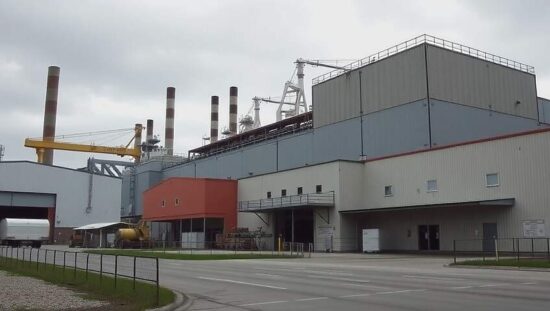The German Bundestag has approved legislation extending a significant reduction in electricity tax for businesses in the manufacturing, agricultural and forestry sectors, a move framed by the governing coalition as crucial for maintaining investor confidence. The bill, passed Thursday evening, prevents the current tax relief measures, which would otherwise expire in January 2026, from automatically reverting. The government argues that such a lapse would negatively impact the investment climate, particularly within industries already grappling with high energy costs.
Critics, however, are questioning the necessity and potential fairness of this prolonged tax break. Opposition parties contend that diverting tax revenue to favor specific industries risks exacerbating existing inequalities and neglecting broader societal needs. Concerns have been raised regarding the potential distortion of market forces and the prioritization of corporate interests over, for example, investments in renewable energy infrastructure accessible to all citizens. While the government portrays the measure as essential for economic stability, some analysts warn that it could create a precedent for ongoing, targeted tax interventions, potentially complicating future budgetary planning.
Beyond the electricity tax extension, the legislation also incorporates planned simplifications within the burgeoning electric vehicle sector. The bill proposes eliminating individual case reviews for complex business models related to charging infrastructure – a move designed to stimulate innovation and deployment of charging points. Furthermore, the government intends to establish clear regulatory guidelines for bidirectional charging to prevent electric vehicle users from inadvertently becoming energy providers and triggering unintended tax liabilities. A general provision aimed at preventing the double taxation of energy storage systems is also included. This aspect, while presented as a streamlining measure, raises scrutiny regarding potential loopholes and the equitable treatment of those investing in energy storage solutions. The long-term implications of these changes and their impact on the broader energy transition remain a point of ongoing debate within political circles.





